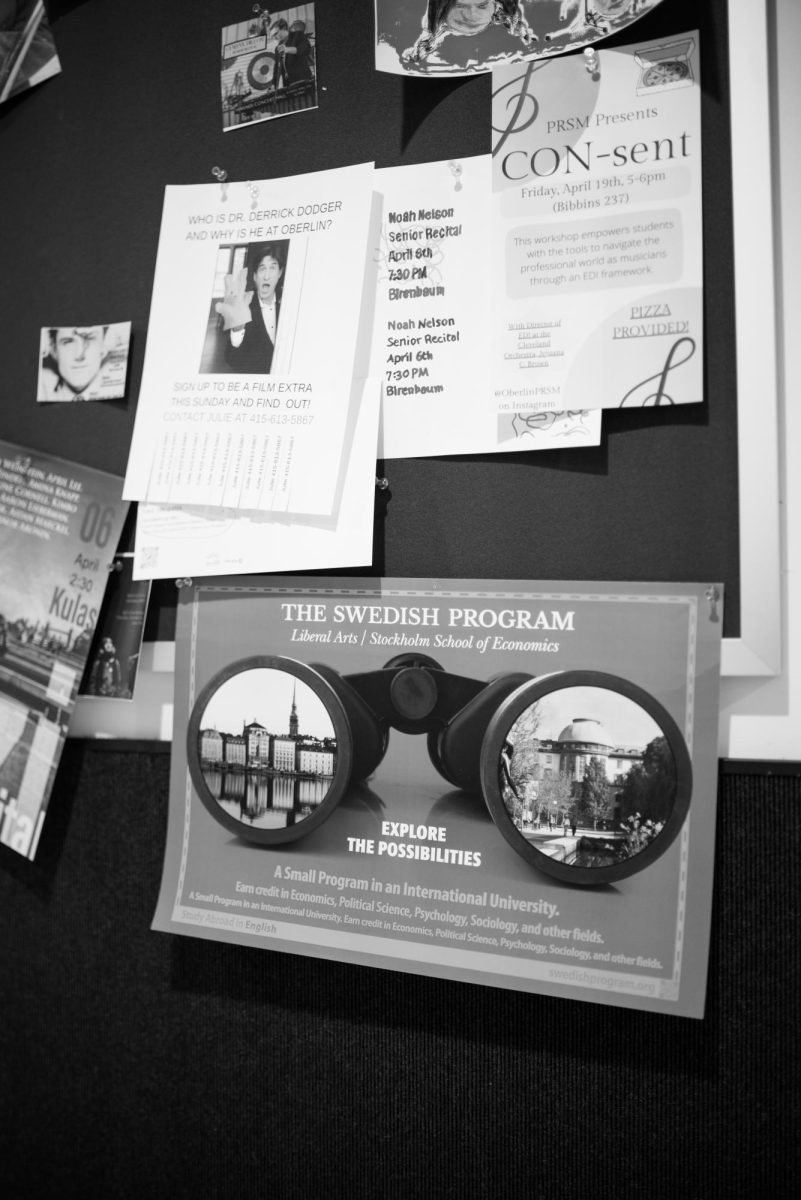Lest you think that I have a one-way view — since the Review mistitled my letter last month responding to Walter Moak’s call against parking lots and car culture — here are some points in the other direction: how the town, not only the College, can also do a better job of sharing and stewarding its resources. All of these observations are similar; all underscore the principle of sharing and the vision of logical local arrangements.
The public schools should steward and make the most of our taxpayer-funded communal resources. School buses sit idle most hours of the day. They could help provide a variety of local transportation, which would help many College students, staff, and faculty get around and be more connected to nearby towns. This would also help people mingle communally rather than rarely seeing people from other age groups or walks of life.
The school buildings have internet connected computers, libraries, and cafeteria spaces. All could be used between 3 p.m. and 11 p.m. They could serve many more age groups and family groups than the schools serve earlier in the day. People could eat supper together in the cafeterias, even chipping away at public- vs. private-school social divides.
The school board spent our money to demolish the Pleasant Street School in 2020 — despite it being structurally sound, centrally located, and a useful resource in a pandemic or any future disaster when many people suddenly need shelter and meeting spaces.
The downtown banks have glassy, spacious areas that are well-heated and cooled, internet-connected, and are right in the center of town. The Apollo could show more than only the most recent Hollywood big budget fare. Churches have multiple large meeting spaces that are stunningly under utilized. The old Prospect School could set up a wonderful bicycle repair space in one classroom right off of the playground.
People driving cars can give 5-minute rides to other people. Rather than “bumming” rides, riders can give their drivers “rider ribbons” that let them earn gas cards and gift certificates at local businesses. Rides for just a few blocks are so helpful when one might be carrying a musical instrument, a gym bag, groceries, etc. in inclement weather. We have more than enough roads, vehicles, and drivers. Normalizing and incentivizing convenient sharing is much cheaper and friendlier than dealing with parking lots.
Keep looking around. Keep noticing the resources all around us. You will surely think of more arrangements that help us not waste what we have; truly appreciate the human effort of tending these spaces, machines, sidewalks, roads, electronics, and long-journeyed foods; and serve the needs of a small human community.


